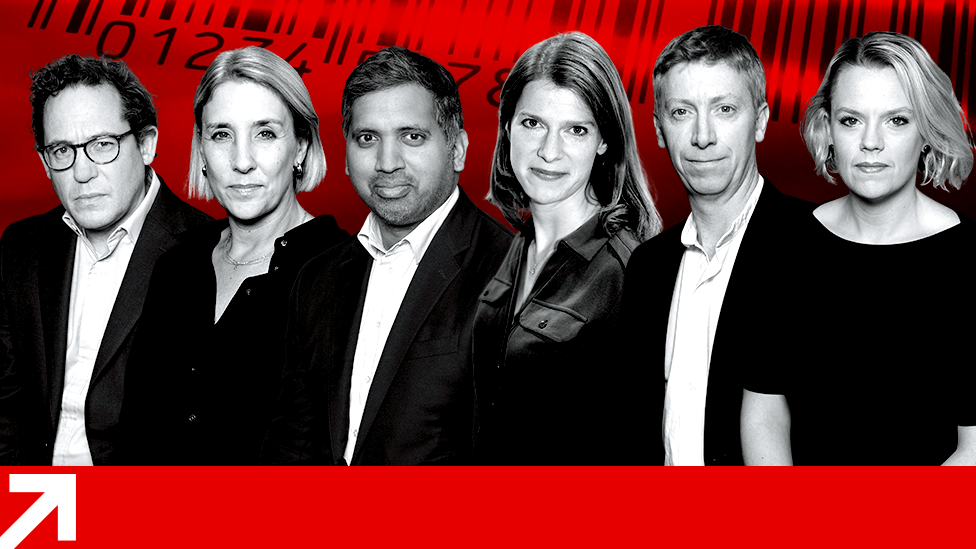Autumn Statement: Jeremy Hunt defends tax rises for middle earners
- Published
Watch: Chancellor defends the impact of his Autumn Statement on "squeezed middle"
Chancellor Jeremy Hunt has defended his economic package as "balanced", after a think tank said it piled more pressure on "squeezed" middle earners.
The Resolution Foundation said freezing tax thresholds hit those on middle incomes as well as the richest.
And the Institute for Fiscal Studies said this group would see the biggest hit to living standards.
But Mr Hunt said it was not possible to raise £25bn of taxes by focusing on a very small group of rich people.
The UK is facing its biggest drop in living standards on record, as the soaring cost of living eats into wages.
The government's independent forecaster, the Office for Budget Responsibility (OBR), said the tax burden would rise to its highest level since the end of World War Two as a result of the plans set out in the chancellor's Autumn Statement on Thursday.
It also said, once rising prices are taken into account, household income would fall by 7% over the next 18 months.
Mr Hunt said tough decisions were needed to bring down rising prices.
Appearing on BBC Radio 4's Today programme, he denied his plans amounted to a raid on millions of working people, saying they asked "people who have more to contribute more".
"We want to take these difficult decisions in a fair way," he said, adding that the most vulnerable people and public services would be protected.
The Resolution Foundation said increasing benefits in line with inflation would make a "huge difference" to those on low-to-middle incomes.
However, it said making energy support less generous from April would mean households were "far more exposed" to rising bills.
For a typical household, annual energy bills will rise to around £3,000, up from the current level of £2,500.
Watch: "It just keeps getting worse" - Reaction to Jeremy Hunt's plans
The Resolution Foundation said the focus on "stealth taxes" - freezing tax thresholds to raise revenue - meant those on middle incomes were being squeezed as well as higher earners.
Threshold freezes mean that a pay rise is more likely to drag someone into a higher tax threshold.
The independent Institute for Fiscal Studies said "Middle England" was "set for a shock".
Director Paul Johnson said this group would not benefit from targeted energy support but their wages were falling and taxes rising, with higher taxes looking "to be here to stay".
"The truth is we just got a lot poorer. We are in for a long, hard, unpleasant journey; a journey that has been made more arduous than it might have been by a series of economic own-goals," he said.
Mr Hunt denied he had been forced to raise taxes and reduce spending because of the turmoil caused by his predecessor Kwasi Kwarteng's tax-cutting mini-budget.
He said there had been mistakes, but insisted the government had "corrected those within weeks" and other countries were also facing similar problems due to the war in Ukraine and the rise in energy prices.
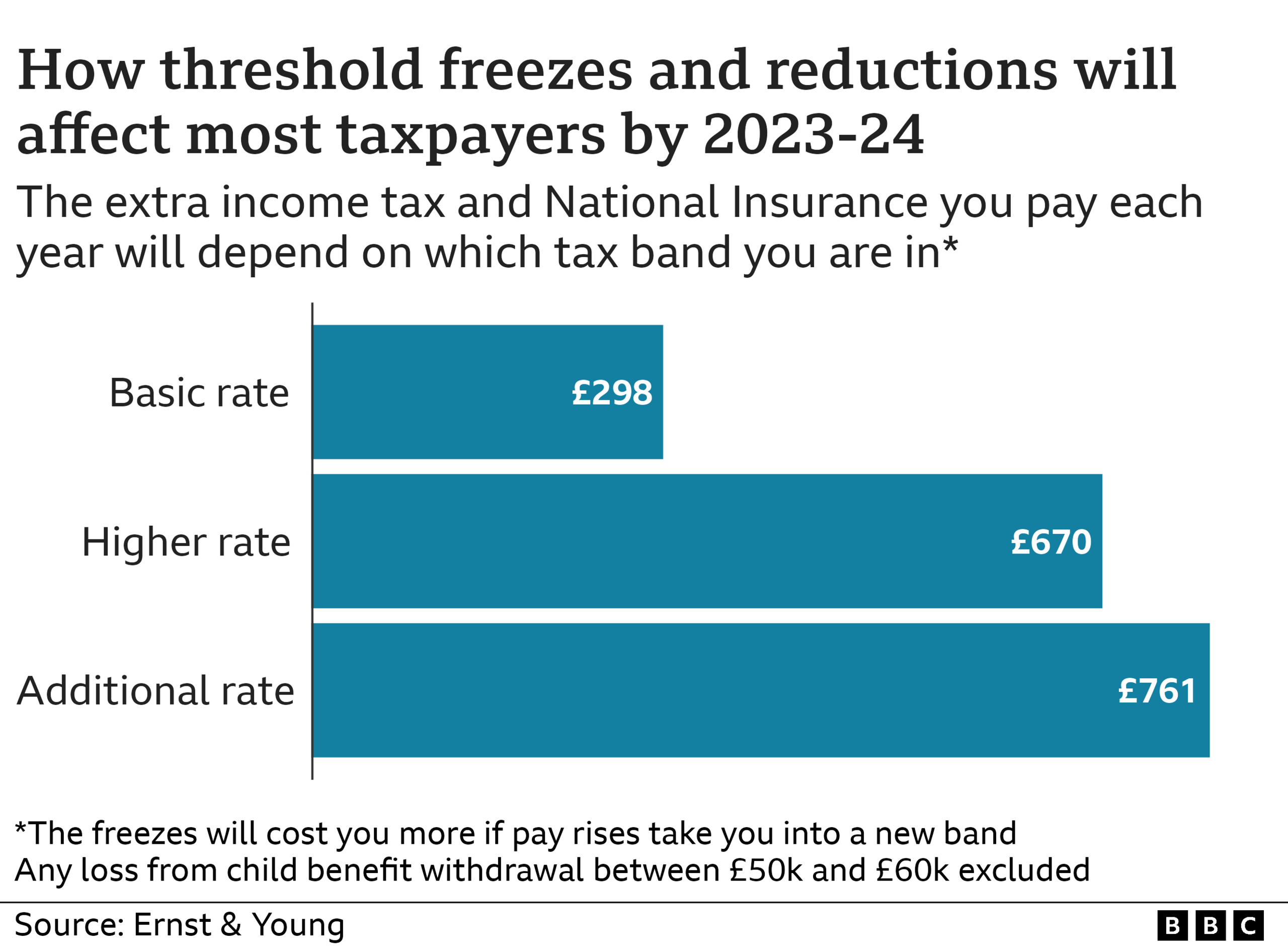
In the next two years, before the next general election is due, there will be further support for households and extra money for schools, the NHS and social care in England.
But after 2025 spending cuts are set to kick in for many departments.
Mr Hunt denied he had put off difficult decisions, arguing that during a recession it was important to support the economy.
Among the key measures in his statement were:
Tax thresholds will be frozen until April 2028, meaning millions will pay more tax
Spending on public services in England will rise more slowly than planned - with some departments facing cuts after the next election
The state pensions triple lock will be kept, meaning pensioners will see a 10.1% rise in weekly payments, in line with inflation
The household energy price guarantee has been extended for one year beyond April but made less generous
There will be additional cost-of-living payments for the "most vulnerable", with £900 for those on benefits, and £300 for pensioners
The top 45% additional rate of income tax will be paid on earnings over £125,140, instead of £150,000
The UK minimum wage for people over 23 will increase from £9.50 to £10.42 an hour, with the rates also increasing for younger age groups
The windfall tax on oil and gas firms will increase from 25% to 35%, raising £55bn from this year until 2028
A planned £86,000 cap on personal social care contributions in England, which had been due in October 2023, has been delayed by two years
The OBR said rising prices and interest rates would tip the economy into a recession "lasting just over a year", as consumers spend less and businesses cut investment.
It expects the UK economy to shrink by 1.4% in 2023 before growth gradually picks up again.
Watch: Fairer tax choices could have been made - Labour's Rachel Reeves
Labour's shadow chancellor Rachel Reeves accused the government of increasing taxes by "stealth" and said "fairer choices" could have been made.
She criticised the Conservatives for not abolishing non-dom tax status and instead going to the "pockets of the ordinary working man and woman".
Liberal Democrat Treasury spokesperson Sarah Olney said "struggling families who have worked hard for years have had their security stolen", while "the already squeezed middle are being pushed to the brink".
Some Tory MPs were also critical of plans to increase taxes, especially during a recession.
Others are seeking assurances that the government will not increase fuel duty. The tax is supposed to rise in line with inflation but has been repeatedly frozen.
The Treasury said a final decision would not be taken until the next Budget in spring 2023.

How does the Autumn Statement affect you? You can share your experiences by emailing haveyoursay@bbc.co.uk, external.
Please include a contact number if you are willing to speak to a BBC journalist. You can also get in touch in the following ways:
WhatsApp: +44 7756 165803, external
Tweet: @BBC_HaveYourSay, external
Or fill out the form below
Please read our terms & conditions and privacy policy
If you are reading this page and can't see the form you will need to visit the mobile version of the BBC website to submit your question or comment or you can email us at HaveYourSay@bbc.co.uk, external. Please include your name, age and location with any submission.

Related topics
- Published17 November 2022
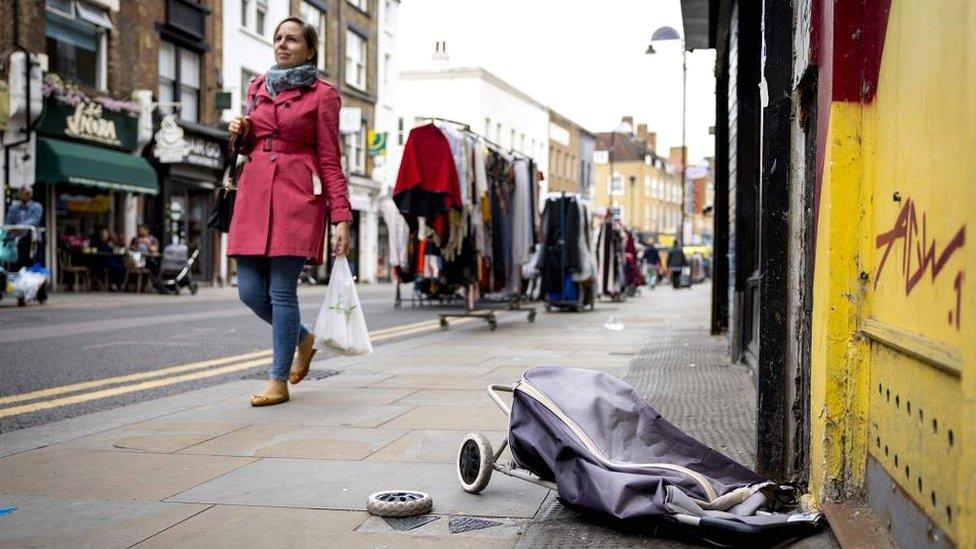
- Published18 November 2022
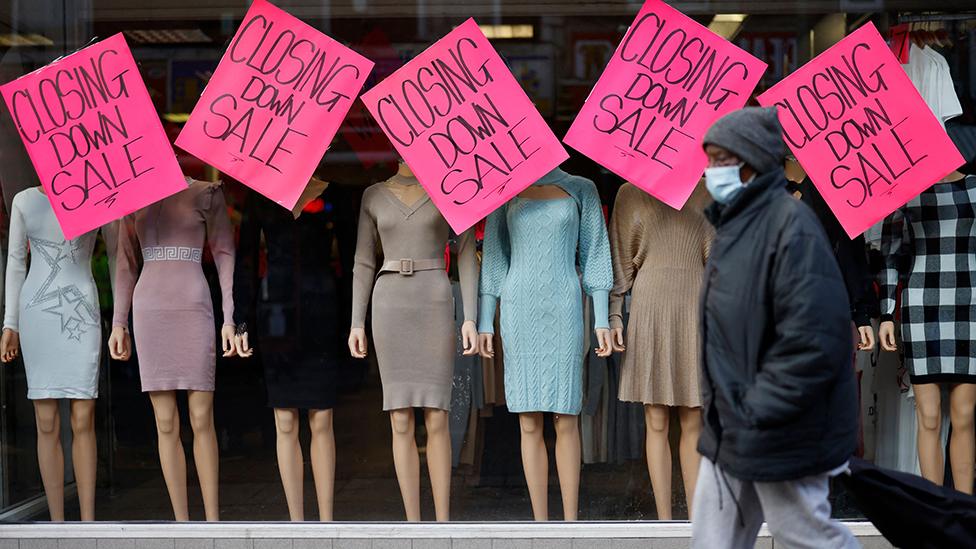
- Published18 November 2022
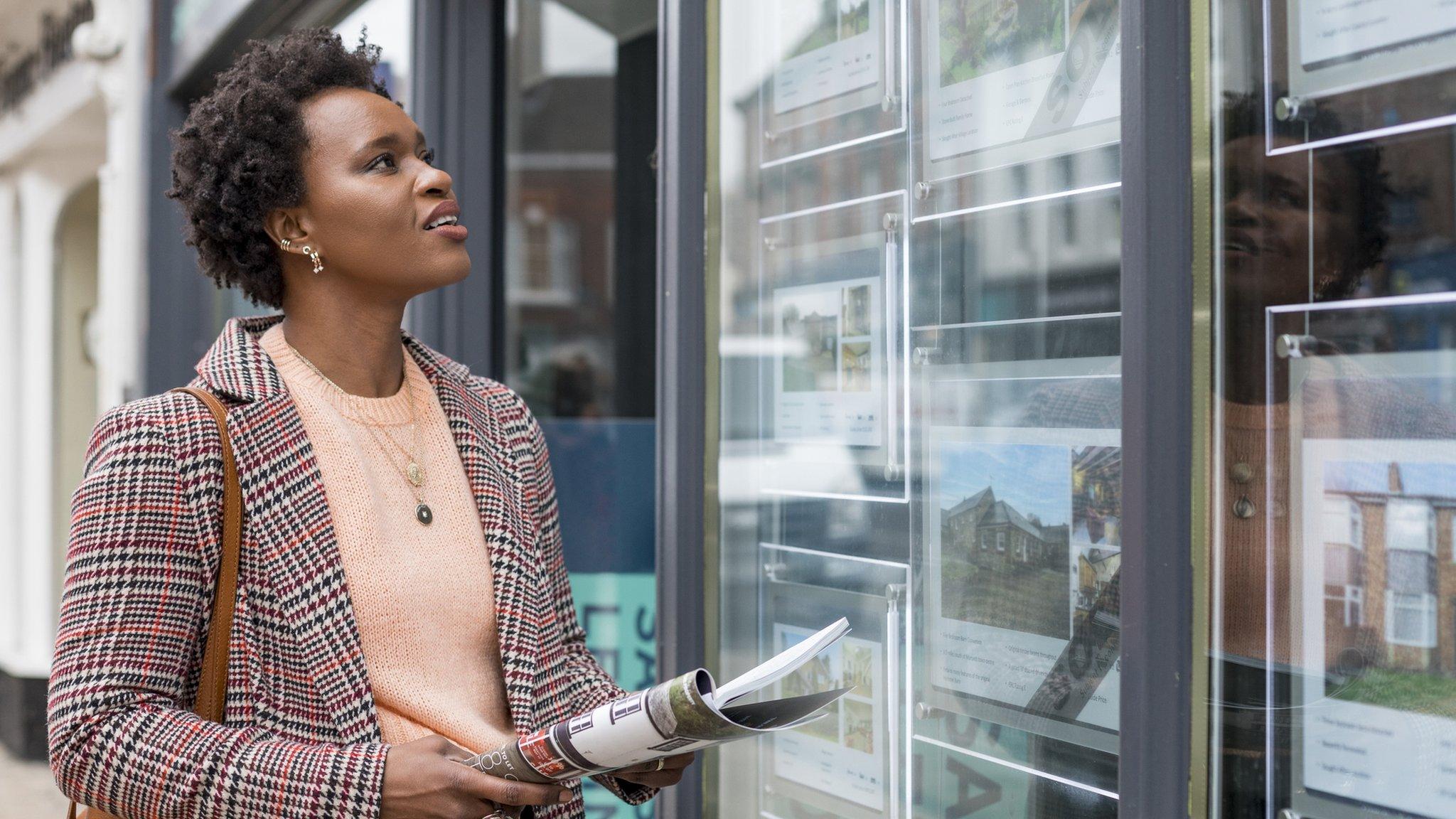
- Published17 November 2022
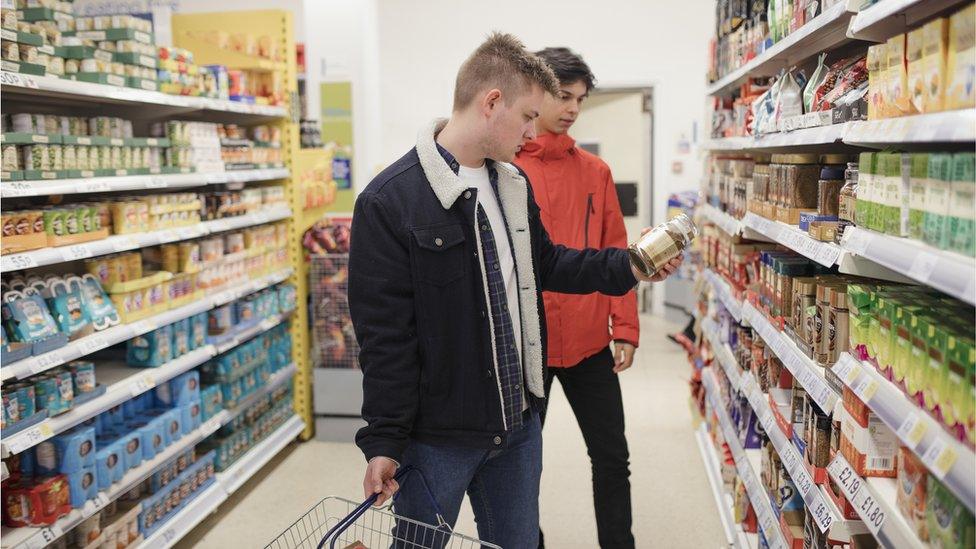
- Published18 November 2022
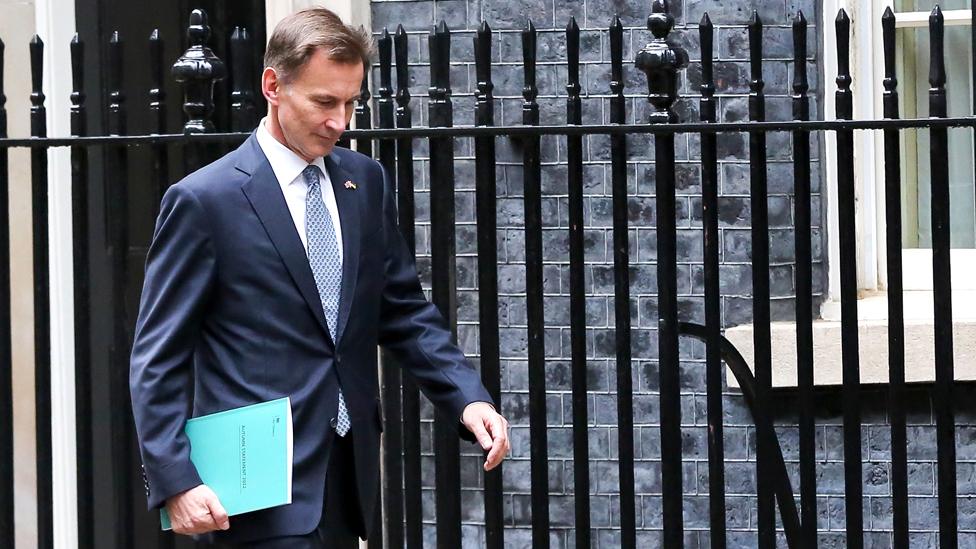
- Published17 November 2022
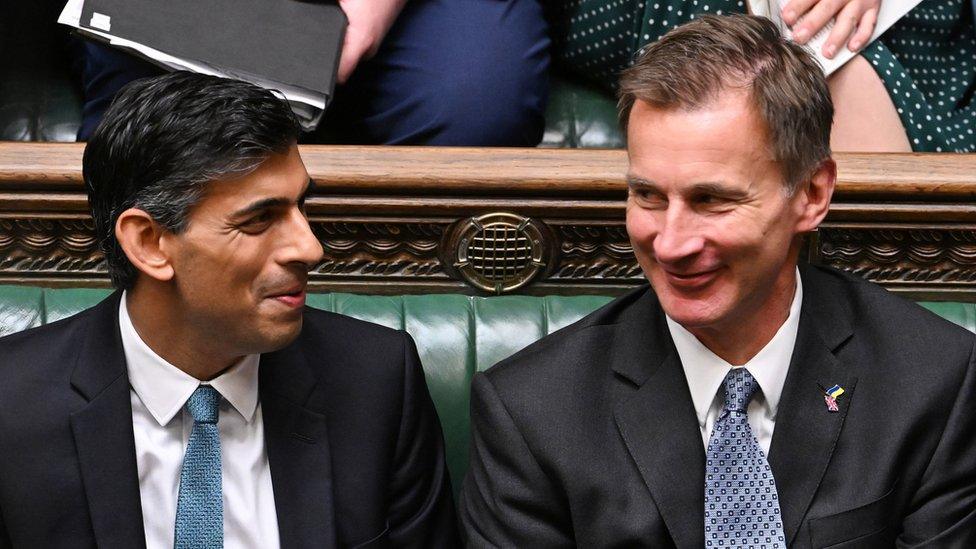
- Published17 November 2022

- Published18 November 2022
